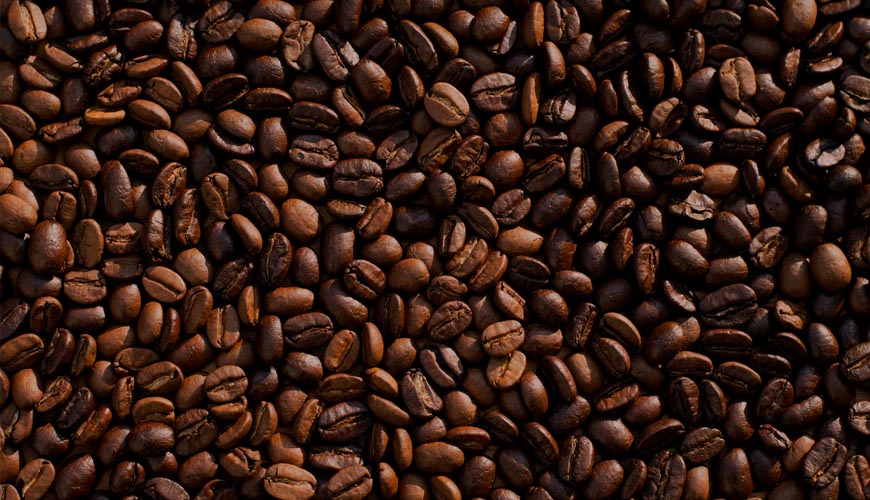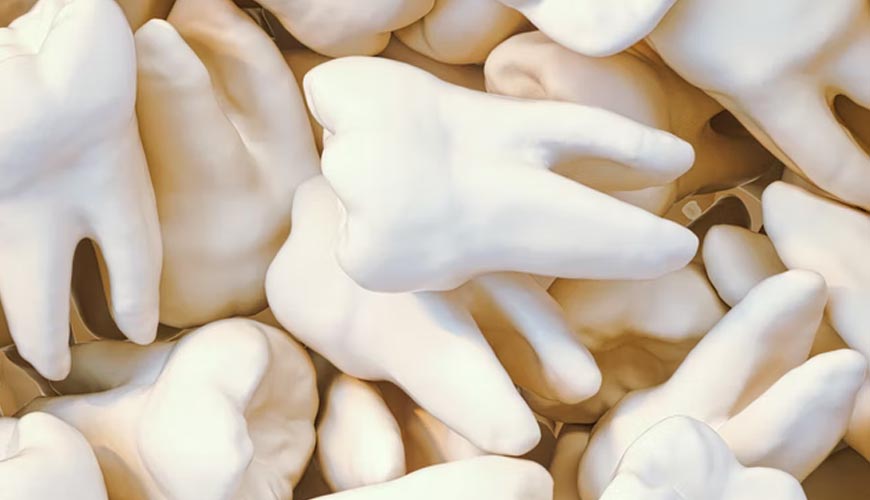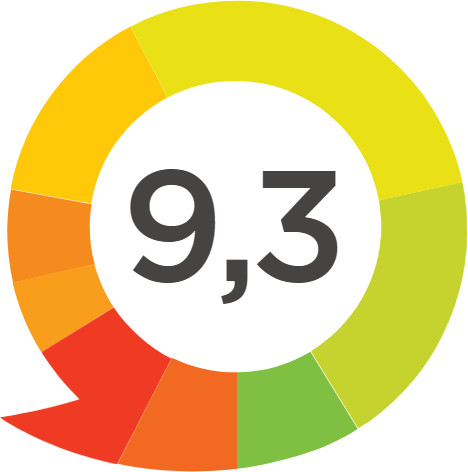- Free shipping in NL from €45
- Order before 12 PM, shipped same business day
- International shipping

Ten questions about coffee and health

Ten questions about coffee and health
The Dutch are real coffee lovers. On average, about three cups of coffee are drunk every day in the Netherlands. Coffee is not only drunk because it tastes good, but also because, according to many, it has health benefits. For example, it would give you more energy, but coffee would also protect against various diseases. What is true? Is coffee healthy? How many cups of coffee should you drink a day? And is coffee gluten-free, for example? Below you can read the answers to ten questions about coffee and health.
1. Is coffee healthy?
Many people start their day with a cup of coffee and during the day several more follow. It is an indispensable habit for many. Can this habit do any harm? Is coffee healthy or is it better to leave that cup of coffee out in the morning? According to the Dutch Nutrition Centre and the 'Schijf van Vijf', coffee (without sugar) certainly fits in a healthy diet. Coffee provides your body with fluids. It has also been researched that drinking coffee reduces the risk of diseases such as heart disease and type 2 diabetes.
2. How many cups of coffee a day?
Coffee is delicious and some people prefer to drink their cup of comfort all day long. But how many cups of coffee a day is healthy? Is there such a thing as too much coffee? The Nutrition Center recommends two to four cups of coffee per day for healthy adults. It has also been studied that drinking two to four cups of coffee a day reduces the risk of heart disease by 10%. The advice to young coffee lovers between the ages of 13 and 18 is to drink no more than one cup of coffee per day. Children under 13 are better off not drinking coffee.

3. Is decaffeinated coffee healthier?
Coffee naturally contains the stimulating substance caffeine. Opinions are often divided about caffeine and both positive and negative stories circulate. In fact, caffeine has both positive and negative effects on your health. So is decaffeinated coffee healthier? This mainly depends on the amount of caffeine you consume per day. The effects of caffeine can also vary from person to person. If you stick to the recommended two to four cups of coffee, there's nothing to worry about. After that you can possibly switch to decaffeinated coffee. Do you experience many negative effects of caffeine, but do you like the taste of coffee? Then decaffeinated coffee is a suitable substitute.
4. Is filter coffee healthier than espresso?
There are many ways you can process the coffee bean. Popular varieties are filter coffee and espresso. Is filter coffee healthier than espresso? Some types of coffee contain more cafestol. Cafestol can raise the LDL cholesterol in your blood. Filter coffee, along with instant coffee, coffee pads, coffee brewed with a percolator, contains the least amount of cafestol. Espresso contains slightly more of this substance. If you limit your coffee intake to two to four cups a day, you can drink both filter coffee and espresso without any problems. If you over-consume, your body absorbs too much cafestol. This is detrimental to your cardiovascular system.
5. Is coffee bad for the line?
Have you been paying more attention to your line lately? Or are you working on losing some pounds? Some people claim that coffee is bad for your figure. Others claim that it helps you lose weight more quickly. Coffee can have both a positive and a negative effect on your figure. Coffee increases your metabolism and makes you feel energetic, which is beneficial if you want to lose weight. But be careful with overconsumption, it can increase the stress level in your body, making you more hungry. This, of course, is unfavorable for the line.
6. Is coffee bad for your teeth?
In the office, on the train or cozily on the couch: coffee is drunk everywhere. What does coffee do to your teeth? Is coffee bad for your teeth? The answer is no. Pure coffee is not bad for your teeth. If you drink a lot of sugar or milk in your coffee, it can affect the acidity of your teeth. Regular coffee drinking can cause your teeth to become slightly discolored. You can prevent this by brushing your teeth twice a day, flossing properly and visiting the dentist regularly.

7. Is coffee bad for your blood pressure?
Some people sometimes feel a bit jittery after drinking coffee. Does coffee give you higher blood pressure? And is coffee bad for your blood pressure? The substance caffeine in coffee can raise blood pressure a little, but the effect varies from person to person. This effect is temporary and also depends on the amount of coffee you drink per day. Fortunately for coffee lovers, the benefits of coffee outweigh the drawbacks. Research shows that drinking two to four cups of coffee a day reduces the risk of cardiovascular disease by as much as 10%.
8. Is coffee gluten-free?
Many people in the Netherlands have to deal with a hypersensitivity to gluten or celiac disease. This is a problem, because many foods have to be excluded from the diet. Does coffee fit into a gluten-free diet? In other words, is coffee gluten-free? Pure coffee does not contain gluten. Some instant coffees may contain certain traces of gluten. If you follow a gluten-free diet, you can use ground coffee and coffee beans for your daily cup of coffee without any problems.
9. How many carbohydrates in coffee?
Are you a coffee lover and drink several cups of coffee daily? Are you curious how many carbohydrates are in your cup of coffee? A cup of coffee without milk or sugar contains no carbohydrates. As soon as you add milk or sugar, the number of carbohydrates goes up. Want to limit your daily carbohydrate intake? Then drink your cup of coffee black.
10. How many calories are in coffee?
Do you prefer to drink coffee all day long? Are you curious how many calories are in coffee? There are no calories in a cup of coffee without additives. If you drink your coffee with milk or sugar, your coffee contains more calories. If you are looking for a low-calorie drink, a cup of black coffee is a good idea.



